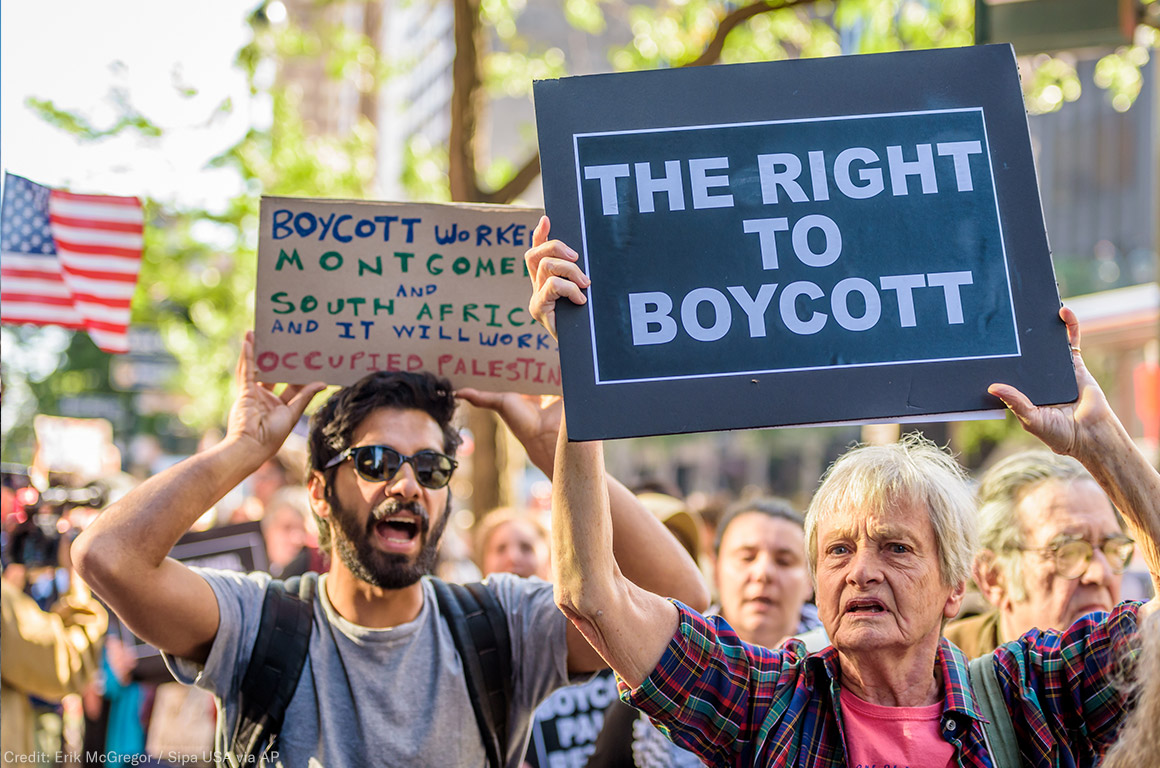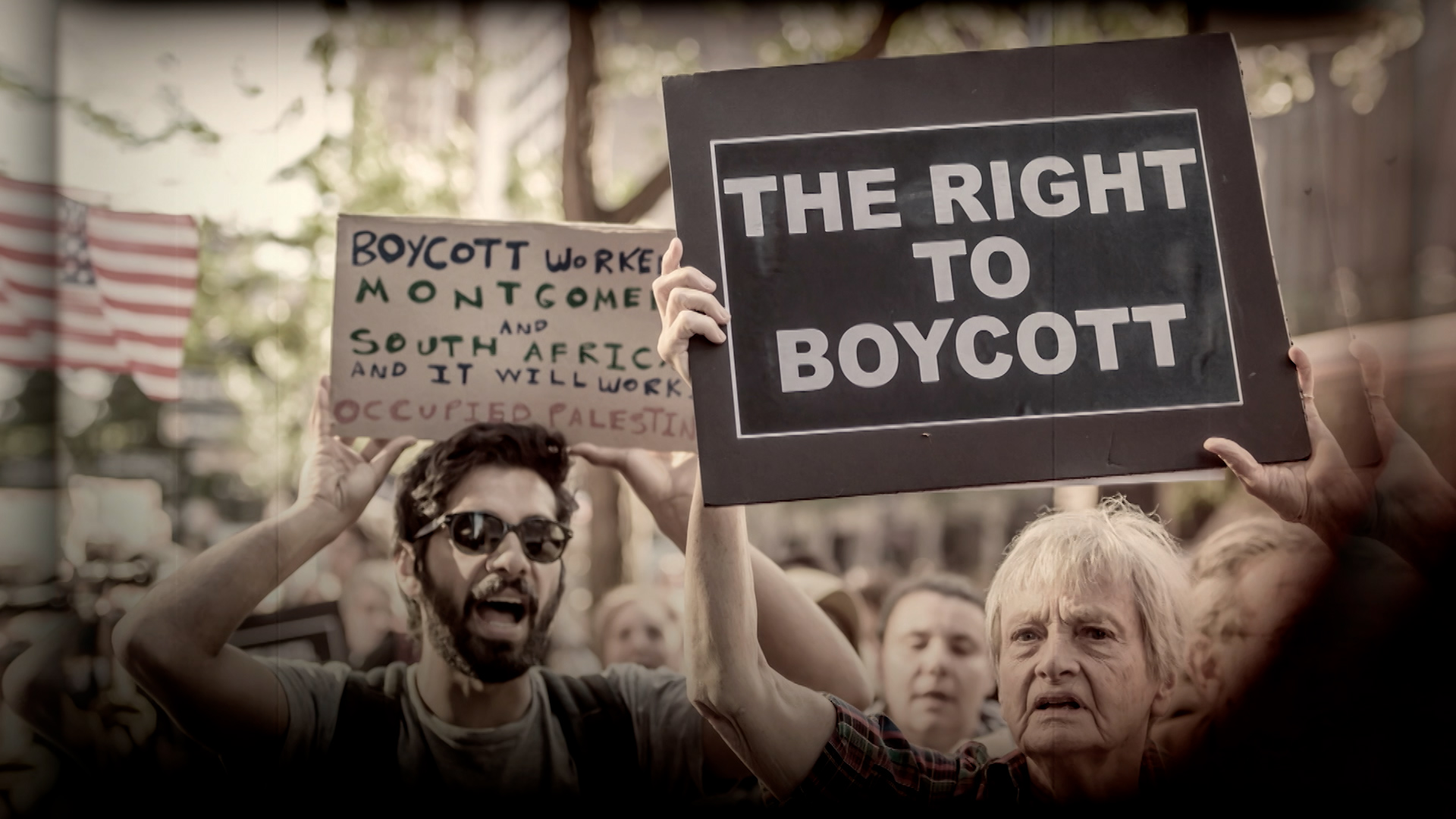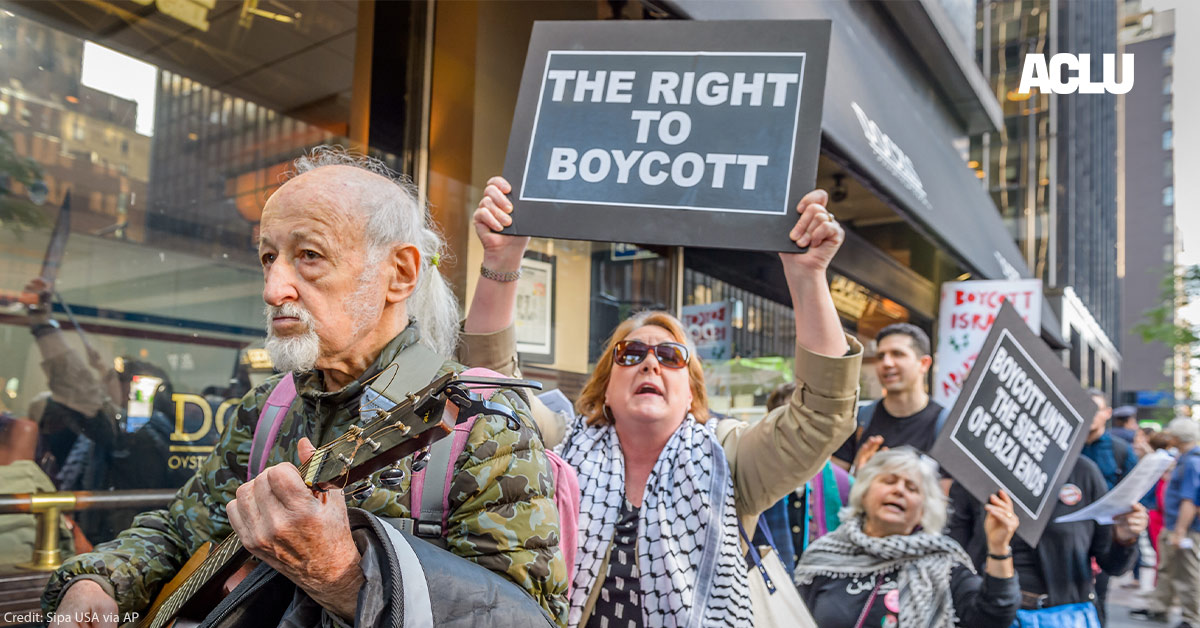Why People Might Boycott Dunkin Donuts: A Look At Consumer Action
There's a growing conversation about how our everyday choices can truly shape the world around us. People are thinking more about where their money goes, and what kinds of businesses they support. It's almost, a way of showing what matters to you, whether that's about ethical practices or just wanting better for everyone.
This idea of using your spending power to make a point, well, it's nothing new. Folks have been doing it for a very long time, sometimes to push for big changes, and other times just to express unhappiness with a product or a company. It's a rather direct way to get attention, you know, when you feel like other ways aren't quite working.
So, when you hear whispers or see discussions about something like a **boycott Dunkin Donuts** movement, it usually means there are some strong feelings involved. It's about more than just coffee and pastries; it's often about deeper concerns that people have. This piece will look into what a boycott generally involves, and why a company like Dunkin' Donuts might find itself in such a conversation, as of late March 2024.
Table of Contents
- Understanding the Idea of a Boycott
- Why Discussions Around Boycotting Dunkin' Donuts Come Up
- The Power of Consumer Choices
- Making Informed Decisions About Your Coffee and Treats
- Frequently Asked Questions About Boycotts
Understanding the Idea of a Boycott
When people talk about a boycott, they are, in a way, talking about stepping back from buying something or using a service. It's a form of protest, a collective decision by many to stop supporting a business or an organization. This is done to express disapproval, or to pressure them into changing some action or policy. It's a tool, you know, that has been used for quite some time by various groups.
What a Boycott Means
A boycott, simply put, is when a group of people decide to stop buying, using, or dealing with a person, organization, or country as a way to show they are unhappy. It's a peaceful kind of protest, designed to make a point without causing harm. For example, if you decide to ignore an entire sports tournament from start to finish, that's a personal boycott, too it's almost, on a smaller scale.
The goal is usually to hit the target where it matters most: their income. If enough people stop spending their money, the business feels the pinch. This financial pressure, apparently, can sometimes lead to changes in how the business operates. It's a direct message, you see, sent through the marketplace.
Why Folks Choose to Boycott
People choose to boycott for many different reasons. Sometimes, it's about the way a company treats its workers, perhaps if there are concerns about unfair wages or working conditions. Other times, it's about a company's stance on social issues, or even their environmental impact. You might, for instance, consider boycotting all programs who use sweatshop labor for their uniforms, as a matter of fact, that's a common reason for consumer action.
There are also times when a boycott springs from a feeling that a company's leadership or ownership is doing something wrong. It's like when people *boycott* pro sports teams because they don't like the owner; it's just a fancy way of saying, "I don't want to financially support a lousy team." Or, perhaps, they feel players deserve a better coach then support at this point, so money talks, they say. This kind of action is, in some respects, about showing disappointment and demanding better behavior.
Why Discussions Around Boycotting Dunkin' Donuts Come Up
When a large company like Dunkin' Donuts becomes the subject of boycott talks, it's rarely about one small thing. Often, it's a mix of different concerns that build up over time. These discussions can spread very quickly today, thanks to social media and online communities. People share their thoughts, and pretty much, these ideas can gain a lot of momentum.
Potential Reasons for Concern
While there isn't one single, universally agreed-upon reason for a widespread **boycott Dunkin Donuts** movement at this moment, discussions often revolve around common areas of corporate responsibility. For example, some people might raise questions about the sourcing of their coffee beans, wondering if they are ethically grown and harvested. Are the farmers getting a fair deal, you know?
Other concerns could relate to labor practices within the company itself, or even its franchise locations. Are employees treated well, with fair pay and benefits? Sometimes, a company's environmental footprint, like its use of single-use plastics or its waste management, can also spark public dissatisfaction. These are just some general examples of what might lead to a call for consumer action against a large chain, like Dunkin', anyway.
Public statements or actions by company leaders can also be a trigger. If a company takes a stance on a political or social issue that a large segment of the public disagrees with, it can lead to calls for a boycott. It's about aligning values, you see. Consumers, arguably, want to support businesses that reflect their own principles.
The Role of Public Opinion
Public opinion plays a huge part in whether a boycott gains traction. What starts as a few voices can, with enough shared sentiment, turn into a much larger movement. Social media platforms, in particular, allow people to share their views and connect with others who feel the same way. This can amplify messages and bring attention to issues that might otherwise go unnoticed. So, it's almost, like a giant town hall meeting, but online.
When someone specifically mentioned "this year" for certain boycotts, it shows how timely these actions can be. Trends in public sentiment can shift quickly, and what might not have been a major issue last year could become one today. The way information spreads, you know, means that a company's actions are under constant public scrutiny. This constant watch means businesses need to be very aware of what people are saying and feeling about them.
The Power of Consumer Choices
Every time you decide where to spend your money, you are, in a way, casting a vote. These individual choices, when multiplied by thousands or even millions of people, can become a really strong force. It's about recognizing that consumers hold a certain kind of power, and that collective action can sometimes push for significant change. This is, you know, why boycotts are even considered in the first place.
Do Boycotts Really Work?
The question of whether boycotts truly work is, well, a bit complicated. Sometimes, they lead to big changes, forcing companies to rethink their practices. Other times, their impact might seem small, or they might not achieve their stated goals. Your boycott of Southwest Airlines didn't keep Frontier from going bankrupt, did it? This shows that the market is a complex thing, and many factors are at play.
However, even if a boycott doesn't bring a company to its knees, it can still serve as a powerful statement. It can raise awareness about an issue, put pressure on a company's reputation, and encourage public discussion. It's not always about causing financial ruin; sometimes, it's about signaling to a business that a large group of its customers is unhappy, and that, is that, a message they probably don't want to ignore.
The idea that "money talks" is often cited as the core belief behind a boycott. If enough money is withheld, the argument goes, a company will have no choice but to listen. But, as some might say, your drivel about punishing the company with your feeble attempt to garner support for a boycott will not always work. It really comes down to how many people join in, and for how long they stick with it. It's a sustained effort, you know, that often yields results.
Learning from Past Actions
History is full of examples where consumer actions, including boycotts, have played a part in social and economic shifts. From civil rights movements to environmental campaigns, people have used their purchasing power to push for what they believe is right. These stories teach us that while one person's choice might seem small, many small choices can add up to something much bigger. This collective spirit is, basically, what gives boycotts their potential strength.
When people decide to boycott certain games, like not attending the ISU and KSU games, it shows a personal commitment. As a CU fan in Kansas City, not making the KSU game would be hard, for instance. But sometimes, people are willing to make those personal sacrifices for a larger cause. These actions, whether they are about sports or about coffee, reflect a desire for things to be different, and a belief that individuals can make a difference, you know, when they act together.
We already booked flights and are, for example, committed to a trip, which might make a personal boycott difficult. This highlights how complex these decisions can be in real life. It's not always easy to just stop doing something, especially when it's part of your routine. But the conversation around boycotts, even if it doesn't lead to a full-scale shutdown, still gets people thinking about where their money goes, and that's a good thing, really.
Making Informed Decisions About Your Coffee and Treats
In a world with so many choices, figuring out where to spend your money can feel like a big task. When it comes to something as simple as your morning coffee or a sweet treat, there's actually a lot to think about if you want your choices to align with your personal values. It's about being a bit more mindful, you know, about what you support.
Looking Into Company Practices
If you're thinking about whether to support a company like Dunkin' Donuts, or any other business for that matter, doing a little research can be very helpful. Look into their public statements about their supply chain, their labor policies, and their environmental goals. Many companies now publish sustainability reports or have sections on their websites that share this kind of information. It's about getting the facts, so you can make your own decision, as a matter of fact.
Reading a lot of options nationally this morning, there is a huge movement behind certain ideas, for example, about ethical sourcing. This shows that people are really paying attention to these details. If a company seems to be doing things that don't sit well with you, then you have the power to choose differently. It's a simple idea, but a powerful one, you know.
You might want to check out independent watchdog groups or consumer advocacy organizations that report on corporate behavior. These groups often do the digging for you and provide easy-to-understand summaries of how companies are performing in various areas. This can give you a clearer picture, you know, beyond just what the company says about itself.
Finding Alternatives
If, after doing your research, you decide that a particular company doesn't align with your values, there are almost always alternatives available. For coffee and treats, this could mean seeking out local coffee shops that pride themselves on fair trade practices, or smaller bakeries that use locally sourced ingredients. Sometimes, just a little searching can open up a whole new world of options, actually.
Consider trying out independent businesses in your community. Many of these places are built on strong values and might offer products that are more in line with what you're looking for. Plus, supporting local businesses can have a really positive impact on your community's economy. It's a win-win, you know, when you find a place that feels right and also helps your neighborhood.
Online resources can also help you discover businesses that are known for their ethical practices. Websites and apps are available that allow you to filter companies based on criteria like environmental impact, labor practices, or charitable giving. This makes it pretty much easier than ever to find businesses that you feel good about supporting.
Supporting Businesses You Believe In
Ultimately, the decision to participate in a **boycott Dunkin Donuts** movement, or any boycott for that matter, is a personal one. It's about what feels right for you and what kind of world you want to help create with your daily choices. The act of choosing where to spend your money is a quiet, yet powerful, way to express your beliefs and values. It's a simple thing, you know, but it adds up.
Whether you choose to avoid certain brands or actively seek out others, the important thing is to be informed and intentional about your decisions. Every purchase you make, or choose not to make, sends a message. It's a way of saying, "This is what I stand for," and that, in a way, is what consumer action is all about. Learn more about consumer power on our site, and link to this page Fair Trade America.
Frequently Asked Questions About Boycotts
Here are some common questions people ask about boycotts, generally speaking.
What is the main goal of a boycott?
The main goal of a boycott is to pressure a company or organization to change a policy or action by hitting them financially. It's a way for consumers to show their unhappiness and demand better behavior. It's about making their voice heard, you know, through their spending choices.
How effective are boycotts usually?
The effectiveness of boycotts can vary a lot. Some have led to significant changes, while others have had less impact. Success often depends on how many people join in, how long they keep it up, and the specific reasons behind the boycott. It's not always a guaranteed outcome, but they can certainly make a company take notice, you know.
What are some common reasons people start boycotts?
People start boycotts for many reasons, including concerns about a company's labor practices, environmental impact, social stances, or the behavior of its leadership. Sometimes, it's simply because people feel a company is not living up to its promises or treating its customers or employees fairly. It's about a sense of injustice, you know, that drives these actions.

With the Right to Boycott Under Attack, Some Members of Congress Are

Al Jazeera English Premieres Award-Winning Documentary 'BOYCOTT' | شبكة

Boycott Definition Vocabulary at David Delarosa blog